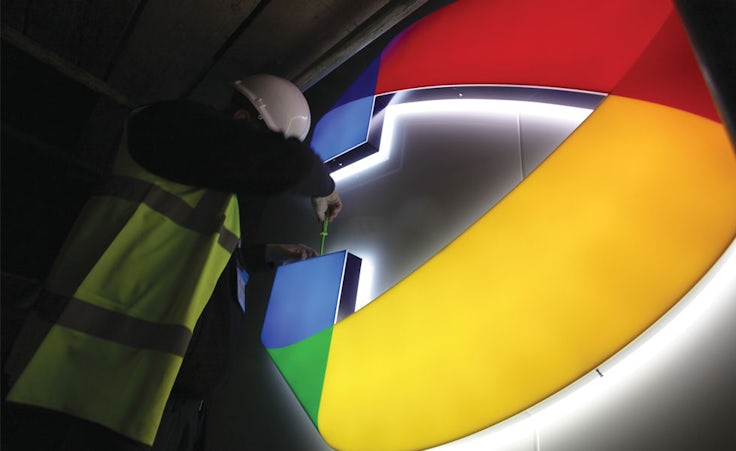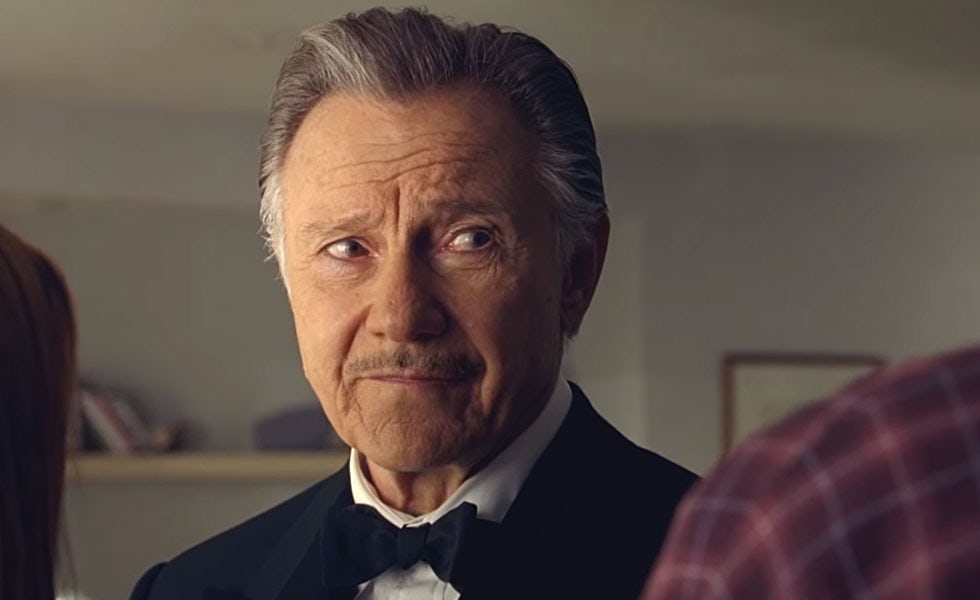Q&A: Direct Line’s Mark Evans on how to be seen as a ‘fixer’
The insurance group’s marketing director explains how it went back to square one to fix its service and help customers see the value of insurance beyond price.

Direct Line made waves earlier this year with a campaign featuring actor Harvey Keitel reprising his ‘fixer’ character Winston Wolfe from Quentin Tarantino’s film Pulp Fiction. While the one-time A-list star received a mixed reception for his move to TV advertising, the story that has had less attention is the back-to-basics marketing job that created the campaign idea and is still behind Direct Line’s work to completely re-engineer its insurance service.
Q: Where did the job of re-evaluating Direct Line’s positioning and proposition to customers start?
Mark Evans: We have gone all the way back to basics, redone all our segmentation and customer need work. We needed to go deeper to where the unmet needs are in the marketplace, and through that identify a single organising thought as to what our master brand, Direct Line, stands for – and around that, create the golden thread that runs through the organisation. A large number of customers are not getting what they want from insurance – getting their problem fixed quickly and without hassle.
That simple thought has become a mantra for the Direct Line brand all the way through the organisation, to the extent that we want our people to be fixers when they are talking to customers on the phone. You can see how this leads to our advertising, which uses the fixer metaphor. Harvey Keitel is the ‘daddy’ of fixers.
Q: What made this back-to-basics approach necessary?
Mark Evans: Insurance started as something quite good in the world – the many looking after the few – and over time that was simply eroded because the sole emphasis became price. People lost sight of what it is they are actually buying. An analogy would be that you go into John Lewis and buy a washing machine, and hope you’re never going to use it. If you do ever have to use it, you’re quite sure it’s not going to work.
That is the position insurance has got itself into. So for us, the job is to take the industry back beyond price and reconnect customers with what it is they are actually buying – the inherent value that comes with being protected and the fact that when things go wrong, someone is going to fix it for you.
Q: Why does such an established brand as Direct Line want to overhaul its proposition?
Mark Evans: Being big is often synonymous with being slow, and the world is speeding up. In a crowded market place, you can get left behind rather than stand out. Big brands need that ‘mojo’ and momentum to stay fresh, differentiated, relevant and ahead of the pack.
From the day that Direct Line created the direct market, it shook up the insurance market as it was, cut out the middle man and had a point of difference. Of course, [the broker-led insurance market] has now been made obsolete by the price comparison world. If you don’t have that challenger mojo, you can be disintermediated.

Q: How difficult is it to ensure the organisation is able to fulfil the promise of the marketing?
Mark Evans: We could easily have fallen into the bracket of just producing a clever marketing campaign. It could easily have been hollow words. It has got to have propositional support and substance – it has got to be genuine and real and true.
We have done a huge amount of behind-the-scenes work to re-engineer what we do day to day, when people have had their car stolen, crashed or someone has broken into their home, in order to improve the speed with which we can get customers back on their feet. We then need to communicate to people they can have this higher expectation of our service levels.
Q: What kind of cultural change does this require within the organisation?
Mark Evans: We have done a lot of content marketing and social media work on owning the space of being a fixer and bringing that back internally, encouraging people to see themselves as fixers. We did some cool internal comms stuff with Harvey Keitel.
We’re expecting people to be really ‘on it’ and present: in terms of the way they see themselves, their roles and helping customers, we want them to be much more proactive, vital and positive. We have awards internally for people who adopt that fixing idea. It’s quite transformational at a cultural level.
Q: Was it tough to push this change all the way through the business?
Mark Evans: One of the things that we have to our advantage is that we are a relatively new organisation – we went through an IPO process a couple of years ago [after being spun off from Royal Bank of Scotland] and that was a chance for us to refresh a couple of key things, including our values.
In the past, we have had the idea of doing something significant for the Direct Line brand, but it has been more difficult to pull off without those values and cultural underpinning.
It is very difficult to create a universal movement across the organisation, but once we got our board aligned, then we could start to create momentum and pull people into the camp, and give them a sense of what they are contributing towards.
Q: Do you think you will be able to convince customers to look beyond price of insurance and appreciate the service?
Mark Evans: This is where market segmentation has been really helpful. There are certain customers for whom it will only ever be about price – perhaps they are younger, they have less to insure and they have not had a bad insurance experience.
For them, there isn’t an unmet need beyond ‘the very cheapest’. For other customers who have had bad experiences, who have got more risk, they absolutely want insurance that simply works.






